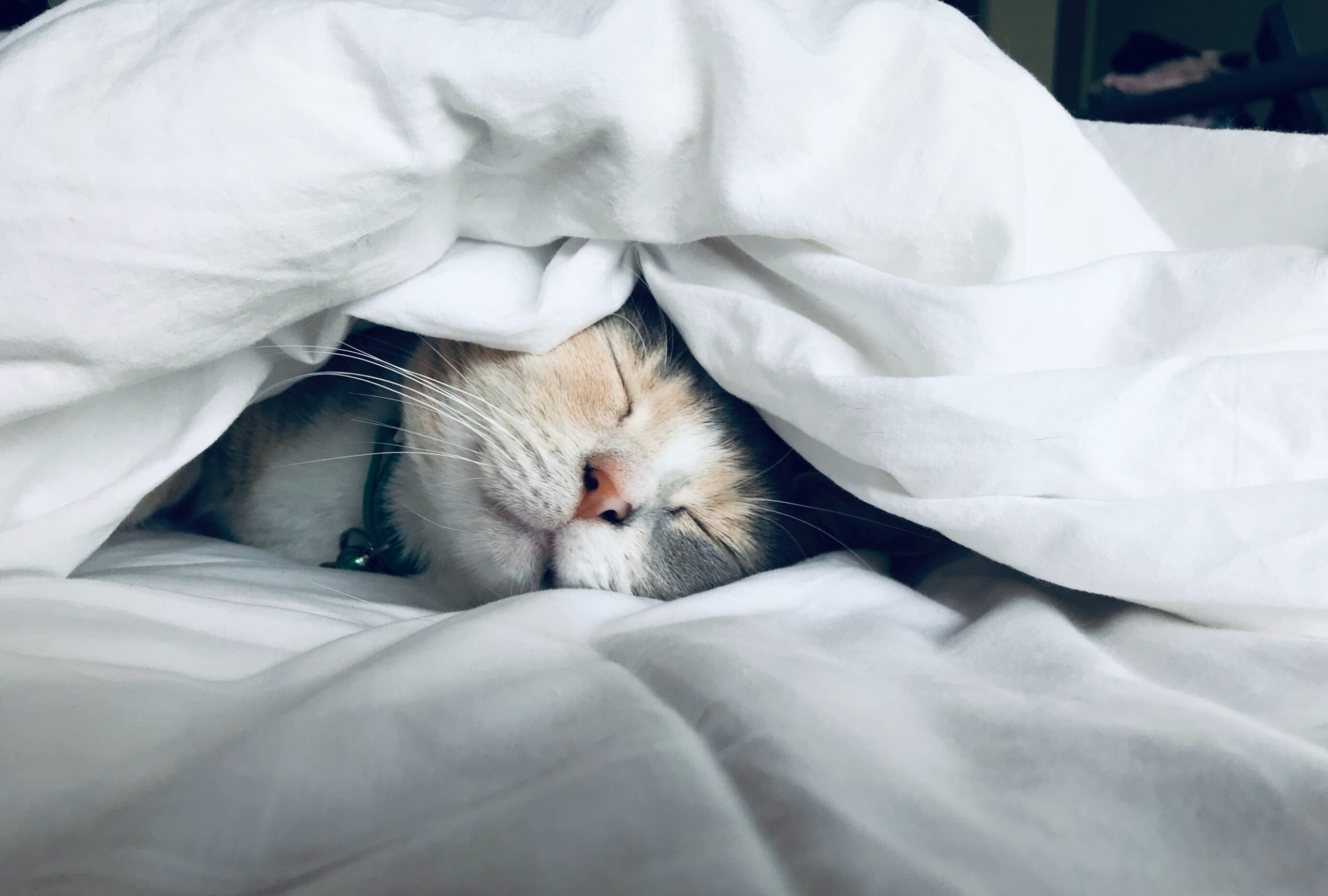So, after reading Matthew Walker’s book “Why We Sleep,” I have created a helpful cheat sheet of strategies to improve sleep. This guideline will provide a foundation for you to analyze and implement each recommendation more thoroughly. It’s essential to take the time to understand each strategy and tailor them to your specific needs and circumstances. By following this approach, you can develop more detailed instructions and personalized advice that align with your sleep goals. Remember, sleep is a highly individualized process, and what works for one person may not work for another. Experiment with these recommendations, make adjustments as needed, and be patient as you find what works best for you. Sleep is a critical aspect of overall health and well-being, and by prioritizing it and applying the insights from Matthew Walker’s book, you can make significant improvements to your sleep quality and reap the numerous benefits that a good night’s sleep provides.
Keep an eye out for the upcoming articles as I dive into each of the following point and provide you with a more detailed understanding of how to improve your sleep.
- Maintain a consistent sleep schedule: Go to bed and wake up at the same time every day, even on weekends. Before this try to understand your circadian rhythm and stick with it. We are all different and it’s not beneficial to try to change our natural rhythm.
- Create a sleep-friendly environment: Make your bedroom dark, quiet, and cool. Consider using blackout curtains, earplugs, or white noise machines if necessary.
- Limit exposure to screens before bed: Avoid electronic devices such as smartphones, tablets, and computers before sleep, as they emit blue light that can disrupt your sleep-wake cycle.
- Establish a relaxing bedtime routine: Engage in calming activities like reading, taking a warm bath, or practicing relaxation techniques to signal your body that it’s time to sleep.
- Avoid stimulants: Limit or avoid consuming caffeine and nicotine, especially in the afternoon and evening, as they can interfere with falling asleep.
- Be mindful of alcohol consumption: Although alcohol may initially make you feel drowsy, it can disrupt your sleep architecture and lead to poorer sleep quality during the night.
- Exercise regularly: Engage in regular physical activity, preferably earlier in the day, as it can promote better sleep. However, avoid intense exercise close to bedtime, as it may be stimulating.
- Create a comfortable sleep environment: Invest in a comfortable mattress, pillows, and bedding that support your body and help you maintain a good sleep posture.
- Manage stress and anxiety: Incorporate stress-reducing activities into your daily routine, such as practicing relaxation techniques, mindfulness, or journaling, to promote a calmer state of mind before sleep.
- Avoid large meals before bedtime: Try to have your dinner a few hours before going to bed to allow for proper digestion, as a full stomach can interfere with sleep.
- Limit daytime napping: If you struggle with nighttime sleep, avoid long or late afternoon naps. If necessary, keep daytime naps short and early in the day.
- Create a wind-down period: Give yourself at least 30 minutes of relaxed, screen-free time before bed to allow your body and mind to transition into a sleep-ready state.
- Prioritize sleep hygiene: Keep your sleep environment clean, practice good sleep posture, and ensure your bedroom is well-ventilated to promote optimal sleep quality, try to use the bed and the bedroom only for sleep and sex and not for other activities like watching tv or eating.
- Consult a healthcare professional: If you have persistent sleep difficulties or suspect a sleep disorder, seek guidance from a healthcare professional who specializes in sleep medicine.



